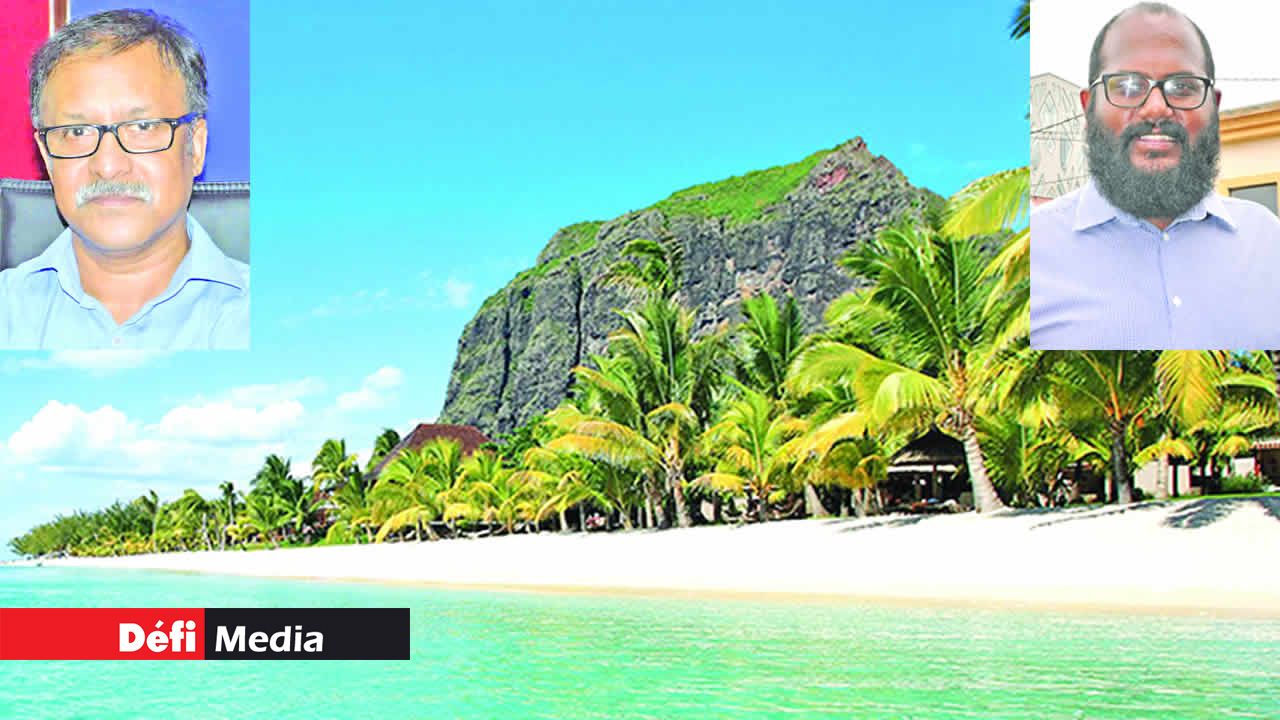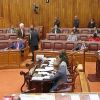
After the Panama Papers last year, which created heavy stress on global business and the offshore sector, here comes the Paradise Papers, which again target Mauritius. The local offshore sector is currently at crossroads. In the recent years, has Mauritius indeed become a haven for high profile people to dump their excess money?
Publicité
The Paradise Papers is a global investigation into the sprawling, secretive offshore industry that the world’s rich and powerful use to hide assets by setting up front companies in far-flung jurisdictions. Since 1989, different governments have tried to develop Mauritius as an offshore centre but it was only in 1992 that the offshore sector really kicked off and today, it boasts of more than 16,000 companies and trusts and collective investment schemes with more than 20 banks (over 10 international) offering services to both the local and offshore sectors.
Besides, this sector contributes around 4% of the country’s GDP and the revenue collection is about 40%. There is no doubt that Mauritius is a strategic global business jurisdiction situated at crossroads between Asia and Africa.
Kugan Parapen : “Mauritius has become increasingly reliant on the offshore sector”

Economist Kugan Parapen states that with the progressive lightening of fiscal policy since the 1990s, Mauritius has become increasingly reliant on the offshore sector. He argues that this strategy implied that thousands of companies were incorporated in the country by foreign companies and foreigners, mostly wealthy ones.
“It is generally agreed that the offshore industry has been crafted by the world elite as a means to pay taxes in jurisdictions where prevailing tax regimes are ultra light; thus avoiding the higher tax bands in their country of origin. However, a distinction must be made between tax evasion and what has been termed as ‘tax optimisation’. Tax evasion occurs when one hides from the relevant tax authority the full picture of their assets and revenues while ‘tax optimisation’ refers to the process where one chooses the most attractive tax jurisdiction to minimize tax payments,” he says.
Lastly, with an over-reliance on an offshore sector, there comes a systemic risk for the economy.
The economist believes that an island should not become dependent on the offshore sector for many reasons. Firstly, he argues that on moral grounds, the setting up of an offshore centre deprives many economies from tax receipts that they were entitled to and as such, weakens the social fabric in those economies on account of lower government spending. He further highlights that the rise of an offshore sector is accompanied by a process which can be coined as ‘gentrification’ whereby a foreign and more powerful and richer population progressively replaces a local one.
“Soaring house prices, exorbitant cost of living and mass emigration of the local population are popular characteristics of gentrification. Lastly, with an over-reliance on an offshore sector, there comes a systemic risk for the economy. There are some well known cases of islands which were heavily reliant on offshore activities and whose economies collapsed following global economic crises,” he concludes.
Penny Hack : “It is just a common practice”

Lawyer Penny Hack underlines that one must use the term appropriately. For him the terms “tax avoidance” are more appropriate than “tax evasion.” He states that this idea has been in existence for a long time. It was established under the English system during the colonial era. “This system to avoid tax and invest in other infrastructures around the world is a current practice.
History has witnessed such practice. In the 1970s, capitalism prevailed. Capitalists used to exploit the society. In the 1980s, there was a change in the policies and there started the widening gap between the rich and the poor. But if we look at it closely, it is not only the rich people who avoid tax, but also any individual who has worked hard to save money would like to avoid tax. It is just a common practice,” he says.
He questions how a person is doing illegal work when he is contributing around 40% of taxes in his country and then decides to invest the remaining amount in another country. “This system has been created by the UK and US liberals and now they are the ones criticizing the same system.”
The lawyer further states that if a person is investing his money in another country, it is not necessary that it is black money. “But there is a moral aspect to it. One of the biggest issues is that globally, the gap between the rich and poor has been widening. Many rich people like to invest in other countries because they do not feel the need to save the money in the bank.
Mauritius needs to redefine the whole system. It should not be an egoistic system.
Another reason is lack of innovative measures in different countries. If the people had a choice to invest their money in their own country, they would have never looked elsewhere. There was a time when people used to take heavy loans just as a measure to reduce the amount of tax they used to pay,” he adds.
Commenting on the image of Mauritius, he declares that the system is not illegal in Mauritius, as we have institutions like the Financial Commission Services and World Bank that have certain rules and regulations. “Mauritius needs to redefine the whole system. It should not be an egoistic system. Globally too, policy makers need to reflect on how to make their people work for the society and be innovative in their practice allowing people to invest.”

Notre service WhatsApp. Vous êtes témoins d`un événement d`actualité ou d`une scène insolite? Envoyez-nous vos photos ou vidéos sur le 5 259 82 00 !
















![[Info Soirée] : «Mo ena defo kouma tou dimoun, me mo ena prinsip»](https://defimedia.info/sites/default/files/styles/square_thumbnail/public/thumbnail_160424.jpg?itok=9_qDpQ9s)




